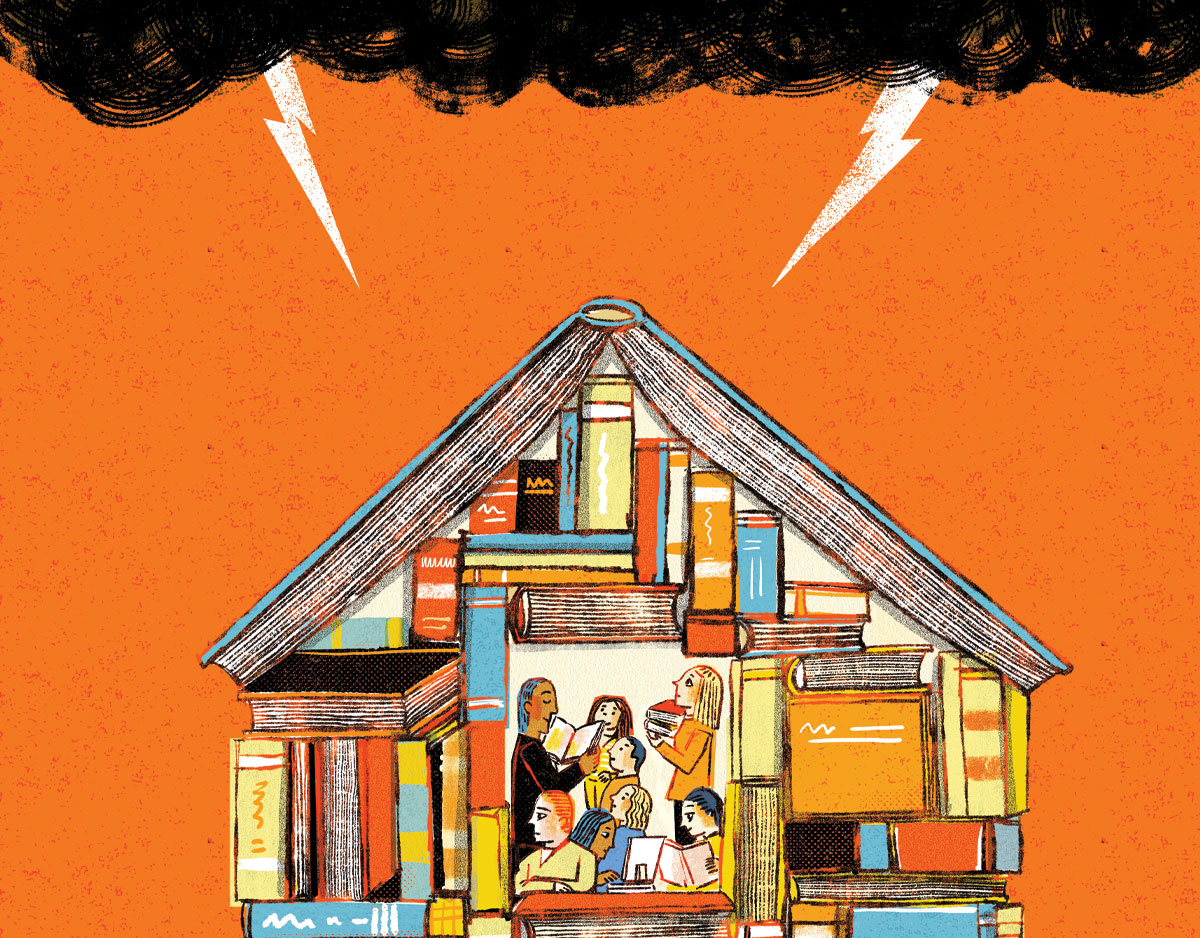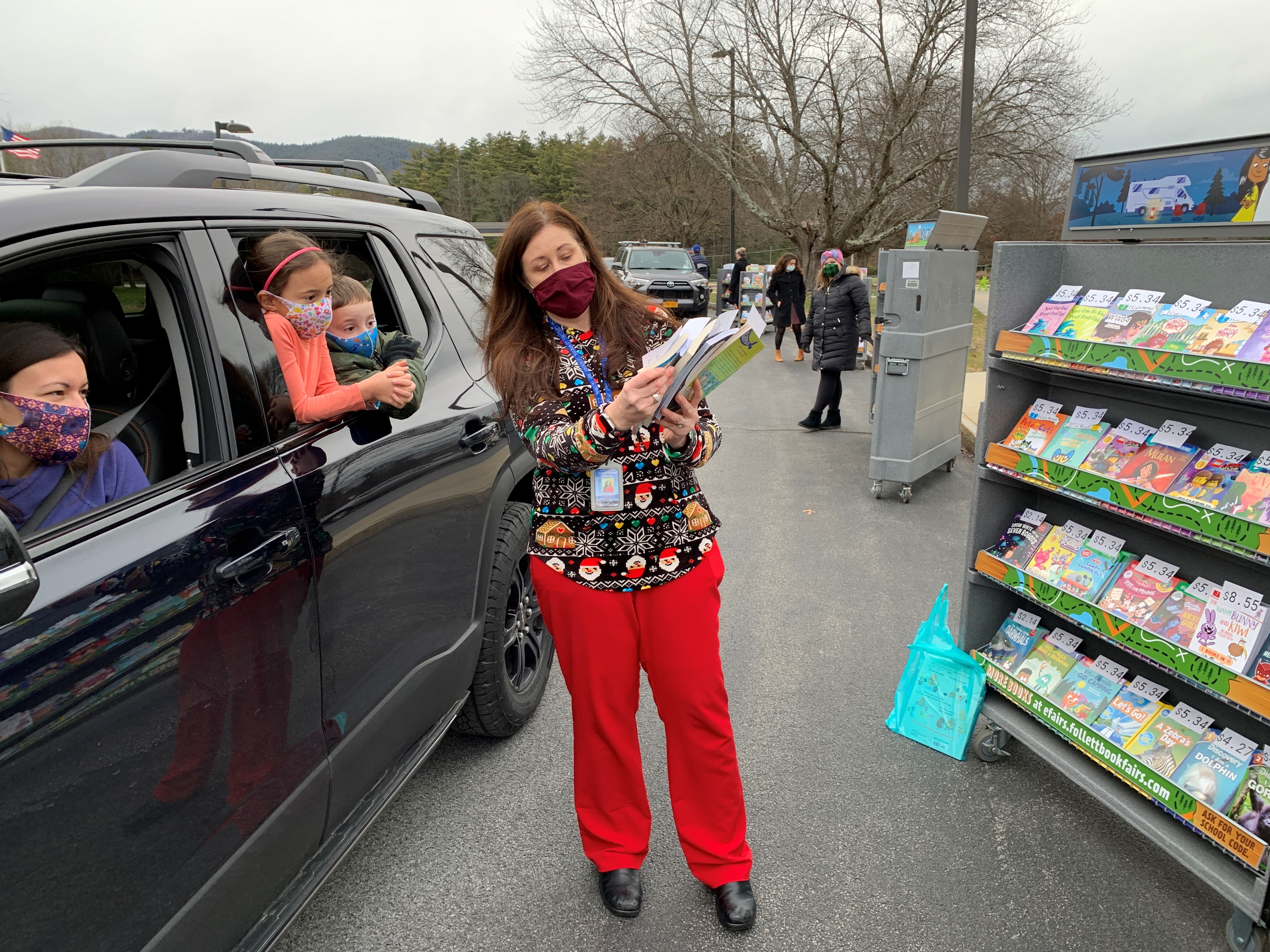Christina Joseph
11 Articles
From:
To:
Teaching Black History Now
Across the country, educators, parents, and others keep Black history alive amid restrictions on how race is taught in schools.
Librarians and Allies Must Act to Secure the Future of Libraries and Intellectual Freedom
With the expected attempts to enact the plans defined in Project 2025, librarians must act strategically within their schools, communities, and local and state legislation to ensure the future of libraries. Experts share tactics and advice for the upcoming fight.
Move Over, Melvil! Momentum Grows to Eliminate Bias and Racism in the 145-year-old Dewey Decimal System
School and youth librarians update Melvil Dewey's flawed and outdated system.
With Federal COVID Relief Funds, Districts Prioritize Infrastructure, Tech, and Social-Emotional Wellness
Three administrators speak with SLJ about their districts' allocation of relief funds.
As More States Consider Legislation to Restrict Teaching About Racism, Educators Are Fighting Back
A coordinated effort to limit what teachers can teach about history, racism, sexism, and systemic oppression throughout history has educators concerned about their students, the impact on the library, and civic life in general.
School Librarians Get Creative To Hold Book Fairs Despite Pandemic Restrictions
With the help of adjustments from Follett and Scholastic, school librarians have managed to continue the tradition of hosting book fairs that are often a favorite event for students during a typical school year.
A New Position and Blank Canvas for "Library Lady" Toni Winsett
Reassigned to a new high school with no library, Toni Winsett is embracing the challenge at Bard High School Early College in Washington, DC, and finding joy in being a school librarian this year.
Tuscaloosa City Schools Find Success with Librarian, Reading Specialist Partnerships
Tuscaloosa City Schools centered librarians in literacy efforts and has boosted reading engagement, raised test scores, and reinvigorated staff. The program's success can be a model for others, especially as schools and educators will need to come together to overcome the probable academic slide from school closures.
A Proposal that Pops: Tips on Writing A Successful Grant
A recent SLJ webcast featured four experts who have successfully procured grant money for their schools and libraries. They shared top resources for grant funding, with tips on what might catch a reviewer’s eye in a proposal.
ALREADY A SUBSCRIBER? LOG IN
We are currently offering this content for free. Sign up now to activate your personal profile, where you can save articles for future viewing









